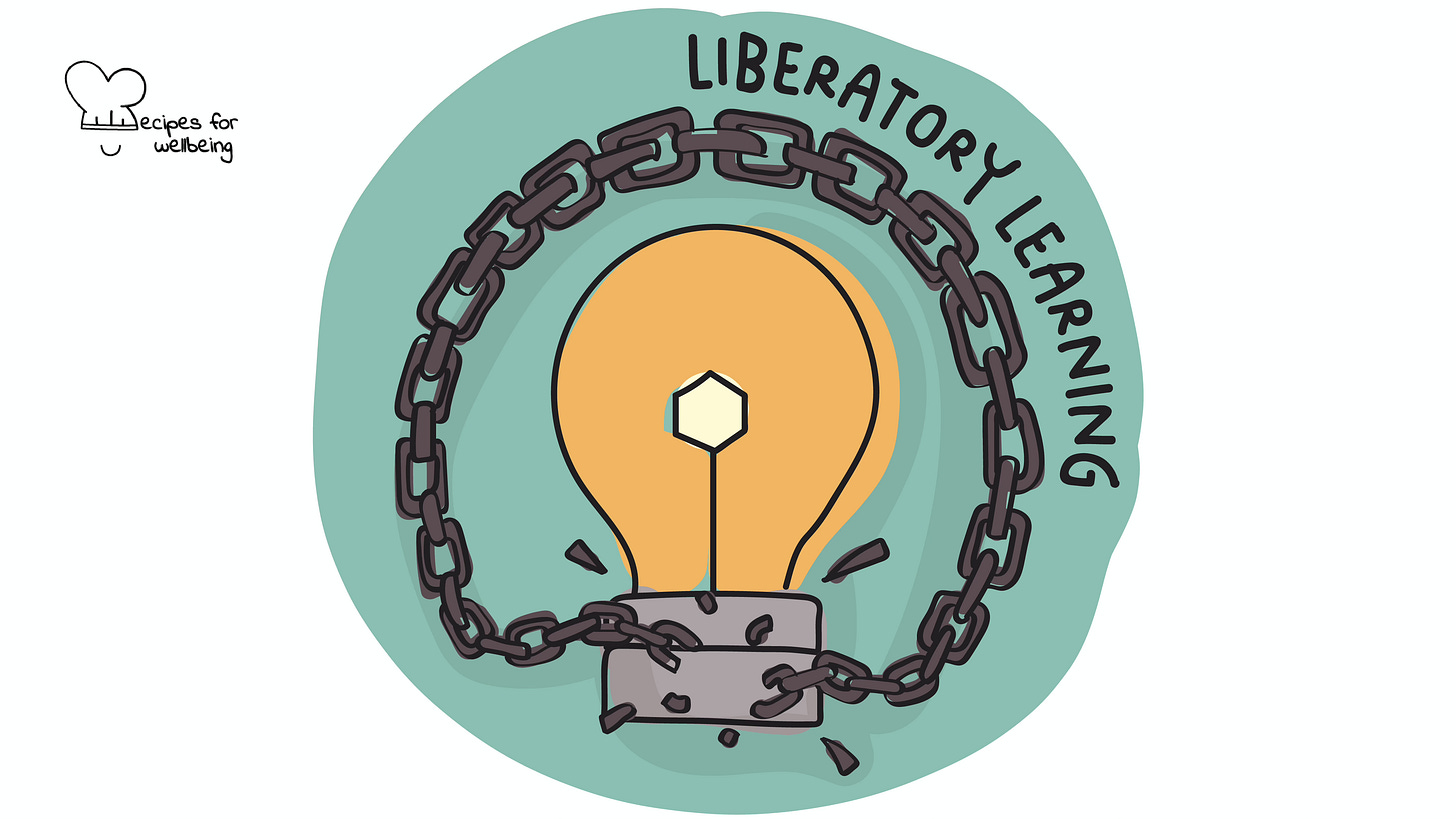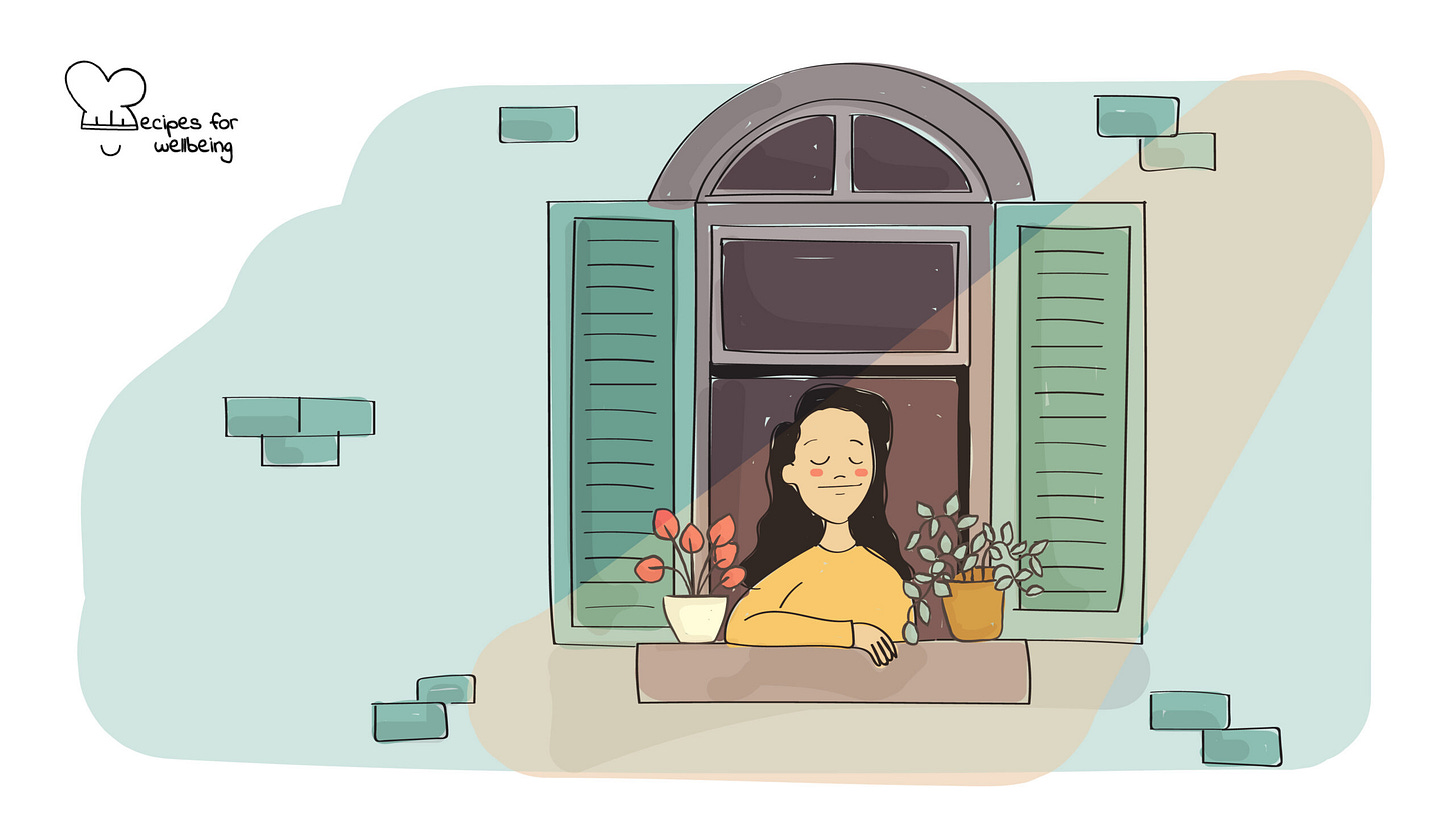Autonomy: Being able to make your own decisions connected to your learning and flourishing.
Becoming the author of your own life
In a world that often pressures you to conform to external expectations and norms, the skill of autonomy invites you to reclaim your inherent right to self-determination. It is the practice of making decisions and directing your life in ways that are aligned with your deepest values, needs, and aspirations – honouring your inner wisdom as the ultimate guide for your learning and flourishing. This skill is connected to the skill of accountability we introduced on 1st November 2024.
💡 “It looks as if there were a single ultimate goal for mankind, a far goal toward which all persons strive. This is called variously by different authors self-actualization, self-realization, integration, psychological health, individuation, autonomy, creativity, productivity, but they all agree that this amounts to realizing the potentialities of the person, that is to say, becoming fully human, everything that person can be.”
―Abraham Maslow
For various spiritual traditions, autonomy is the remembrance of your wholebeing, your innate wisdom, and your ability to author your own life. When you cultivate the skill of autonomy, you recognise that while you are inevitably influenced by your environment and relationships, you always have the power to choose how you respond, what you believe, and who you become.
Once again, it is about turning on ‘response-ability’ for the circumstances in your life, including the wanted and unwanted consequences of your actions (and inactions). This involves being honest with yourself about your motivations, biases, and limitations and being willing to learn and adjust as you go. It requires a commitment to ongoing self-reflection, self-development, and self-care, nurturing the wholeness and resilience needed to navigate life’s challenges with grace.
What does this mean for changemakers?
Changemakers must cultivate the skill of autonomy as their work often involves challenging the status quo, pioneering new possibilities, and making difficult decisions in the face of uncertainty and resistance. By strengthening your capacity to think independently, trust your intuition, and act with courage and integrity, you become more effective agents of positive transformation.
At the same time, you must balance autonomy with a deep sense of rootedness in the community. In fact, your individual autonomy is not separate from but interwoven with the collective sovereignty of those you collaborate with and serve. By nurturing autonomy in a way that is responsive to and responsible for your communities, you model a way of being that is both self-authorised and interconnected.
⚠️ IMPORTANT: Practising autonomy doesn’t mean disregarding the wisdom and needs of others or making decisions in a vacuum. Rather, it means learning to discern and integrate multiple sources of insight – from your own embodied experience through the perspective of trusted others to the patterns of the larger systems you are a part of. It’s about developing a strong inner compass that can guide you through the complexity of choice and change.
Reclaiming your autonomy involves healing your relationship with how you make choices. No more deferring to external authorities, doubting your own intuition, fitting others’ expectations, or making decisions from a place of fear.
How can you practise the skill of autonomy?
Here are a few practices to get you started:
Reflection
Take a moment to reflect on the following prompts and share your thoughts and experiences in the comments below.
💭 What is your relationship with autonomy? Where do you find yourself deferring to external influences or expectations? What practices help you connect with your inner wisdom and make choices aligned with your authentic path and your community’s wellbeing?
REMINDER: This skill is about honouring your innate wholebeing and wisdom as you navigate the path of learning and flourishing in a way that is deeply connected to the thriving of your communities. By strengthening your capacity to make self-authored choices rooted in your deepest values and collective needs, you reclaim the power to shape your life and world.
This skill is connected to the Wholebeing Domain of Liberatory Learning

Liberatory Learning is the ability to deepen understanding to free yourself and others from oppressive systems. It involves constant unlearning and relearning. This includes skills such as liberation and self-directed learning.
Teaser 👀
The next post will share the insights from The Possibilists Study 2025. In the meantime, as you engage with our wholebeing practices, share your commitments, insights, and experiences on your #WholebeingJourney in the comments section below.
Big hugs,
Alessia, Greta, and Tariq






